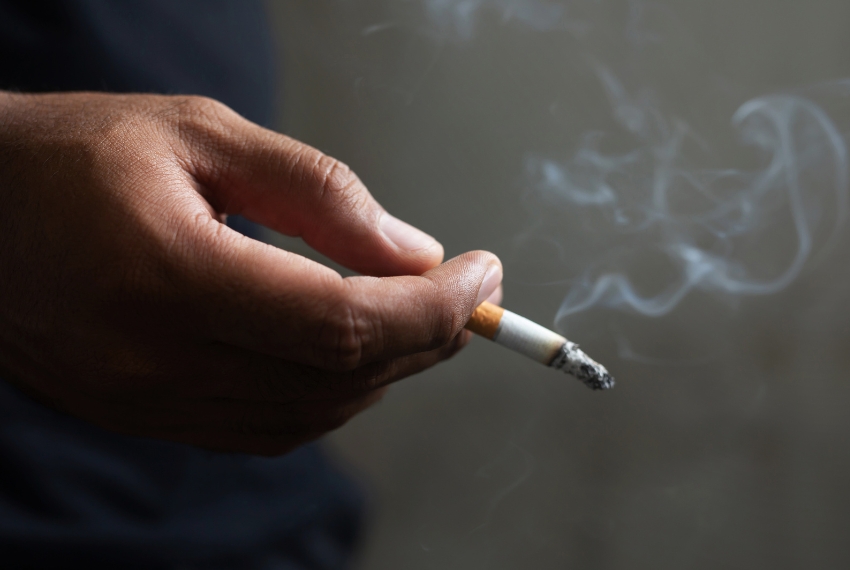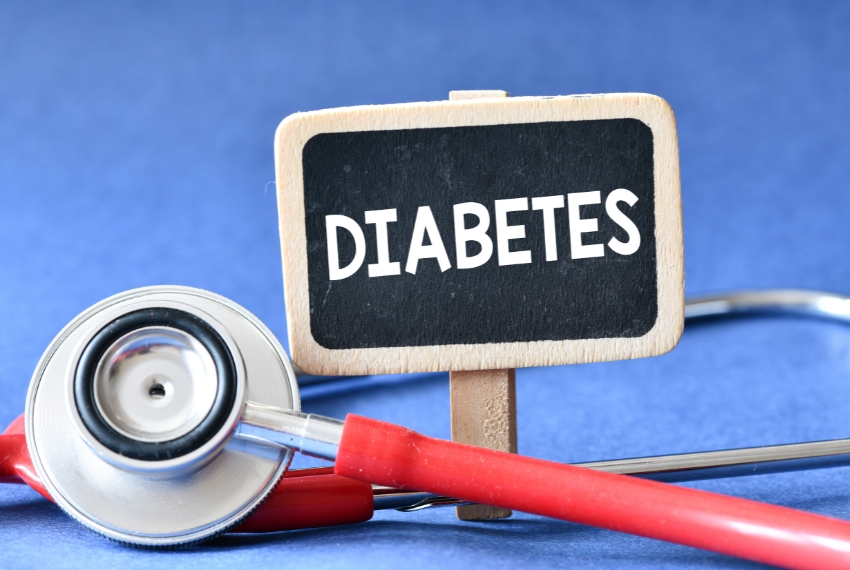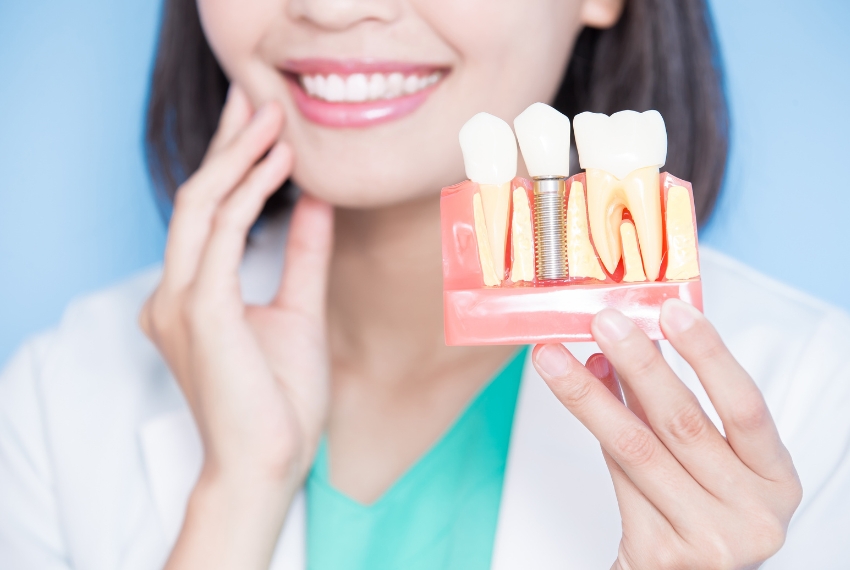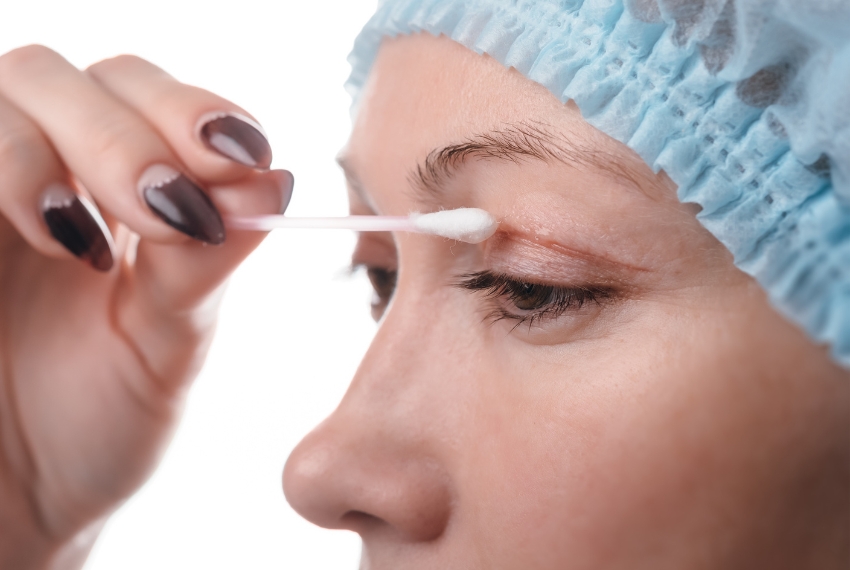
Implant Treatment and Smoking
Smoking is a widespread behavior globally, and it significantly affects oral health, leading to tooth loss and jaw impairment, much like its impact on overall health.
Smoking After Implant Placement
It has various outcomes, both during the postoperative recovery period and after placing the prosthesis on the implant.
Can smokers get Dental Implants?
Yes. However, your dentist must determine if you are a suitable candidate for treatment. Although smoking is a risk factor that can influence the success of implant treatments, it is not an absolute contraindication. Scientific studies on implants and cigarettes report that implant failure rates range from 6.5% to 20% in smokers compared to non-smokers.
Like many dentists, we recommend reducing your daily cigarette consumption to fewer than 10 cigarettes. The loss of bone mass in the jaw or periodontal disease is not at the same level for every smoker. Depending on the amount of consumption, such as one pack of cigarettes per day, the type of treatment applied, and the condition of your oral health, your dentist will inform you about all possible complications related to smoking.
What is the success rate of Implant treatment in smokers?
The use of tobacco, like all other therapeutic procedures, has a negative impact on the outcomes of implant applications. Nicotine in cigarette smoke causes dryness in the mouth, constricts blood vessels, and slows down the blood flow to the tissues. Exposing tissues to less oxygen than necessary alters the immune system's response. For this reason, people who use tobacco react less favorably to tissue healing.
Smoking after placing the implant screw has a negative impact on osseointegration, which represents the successful fusion of the screw with the jawbone. Bone tissue that is not fully integrated with the screw may lead to early or late implant loss. In another scientific study, it is suggested that the majority of implant failures in smokers are caused by exposing the tissues around the implant to tobacco smoke. The same study observes that individuals with poor oral hygiene, in addition to smoking, experience three times greater bone loss in subsequent examinations after 10 years.
How long should I wait to smoke after Implant surgery?
If you smoke and have had teeth extracted during the surgery, one of the first problems you may encounter is dry socket. This is a disruption of blood clotting in the extraction site, caused by suction movements displacing it, resulting in an infection of the exposed bone tissue. For this reason, you should never smoke on the same day and should avoid it as much as possible in the first three days afterward.
To ensure the healthy healing of the implant, you should quit smoking as much as possible. Avoiding tobacco smoking, especially in the first 3 months when bone fusion occurs, will help your implant heal in a healthier way.
Smoking during implant treatment poses a significant risk for those who engage in it, whether immediately after surgery or after the placement of screws and prosthetics.







